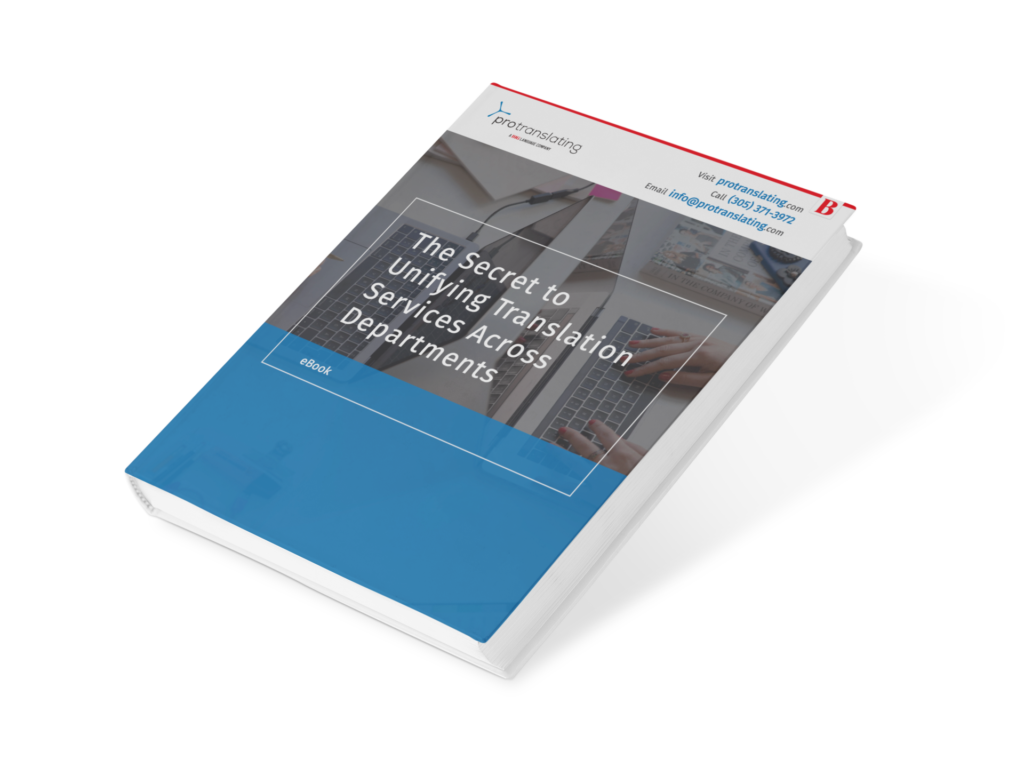
In 2020, financial services companies watched the pandemic’s large-scale economic disruption rattle the financial stability of their customer base. Now, as businesses set their sights on financial recovery in 2021, the financial health of their customers will be a leading catalyst of this turnaround.
Financial health has been a priority of financial institutions for quite some time. In a recent Forbes article by Ron Shevlin, he noted “financial health is going to take center stage in 2021,” and further cites banks and credit unions will up their virtue signaling, with more robust financial health scores emerging and increased regulation of financial health as factors. With more than two-thirds of all U.S. adults currently characterized as “financially unhealthy,” financial health should continue to be a topic of interest for the foreseeable future.
With the new Biden administration, coupled with new direction coming from the CFPB (Consumer Financial Protection Bureau) related-to limited English proficiency (LEP) customers, you want to be prepared for federal mandates, requiring you and your firm to monitor and improve a customers’ level of financial health.
Show customers you care about their financial well-being
Banks and other financial companies have already adopted marketing strategies that emphasize their customer-centric approach to the services they offer. But with so many consumers suffering from poor financial health and newfound sources of financial stress stemming from job and income losses, clients will be seeking out companies that put their financial wellbeing first.
Now, more than ever before, consumers are looking for financial brands that can lead with expertise and education, empowering them to make informed decisions, similar to Patient Education in the healthcare and pharmaceutical industries has helped inform the patient. Financial customers want to trust the institutions managing their money and handling their finances. The best way to achieve this is through content creation strategies targeting all sectors of your audience—including clients that may be historically underserved by your marketing efforts.
This will include current and prospective LEP clients. Invest in content that is relevant to their pain points, and localized to accommodate their unique needs, values, and concerns. Give them information and tools they need to spearhead their own financial recovery.
Be proactive in appeasing regulatory oversight
As noted earlier, the new administration in Washington, D.C. will likely spark increased pressure on financial companies to make good-faith efforts in educating consumers on financial matters. This emphasis on financial wellness will likely come from the CFPB, as well as other state and federal regulatory bodies.
This increased scrutiny should be accounted for in your financial wellness strategy, and demonstrated through your customer-facing content. Educational modules, blog/social media posts, downloadable resources, and other supportive tools and resources should be made available to your clients, particularly those with limited English proficiency, to facilitate financial wellness and demonstrate this commitment to the powers that be.
An experienced LSP having deep roots in the Financial Services industry can partner with your organization to adapt and localize this content for various diverse segments of your customer base. This multi-pronged approach will go a long way toward satisfying regulars—but it will also provide substantial financial wellness resources to your customers, which can spark financial recovery that drives a trickle-up effect for your business, as well as increased customer acquisition.
Message us today to see how we can help your business engage underserved audiences and grow its customer base.
how can we help?
Do you need help with translation, interpretation, or media adaptation? Our team is ready to lend a hand.
Let’s chat






